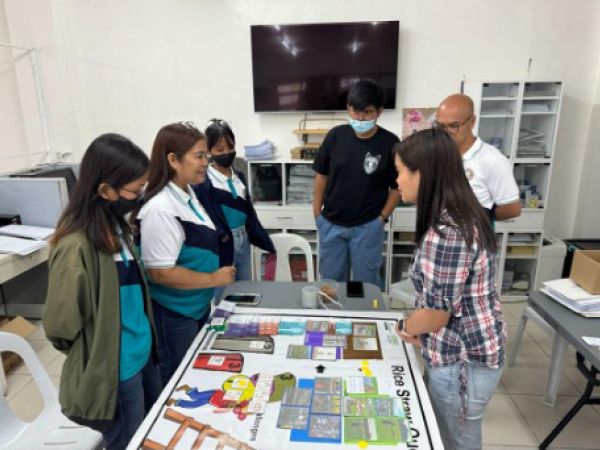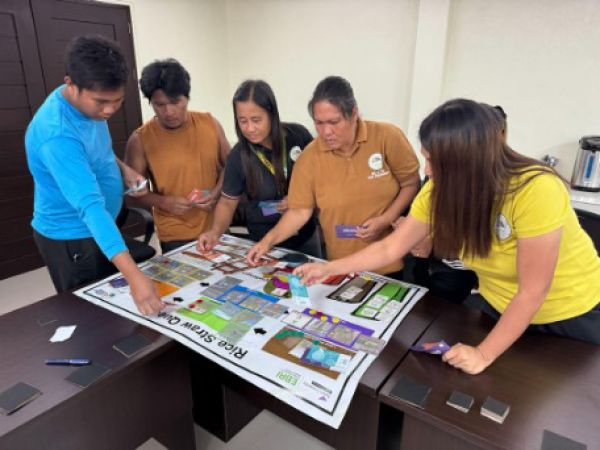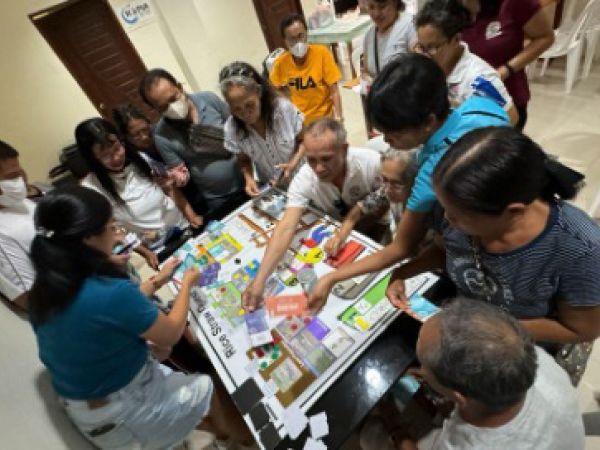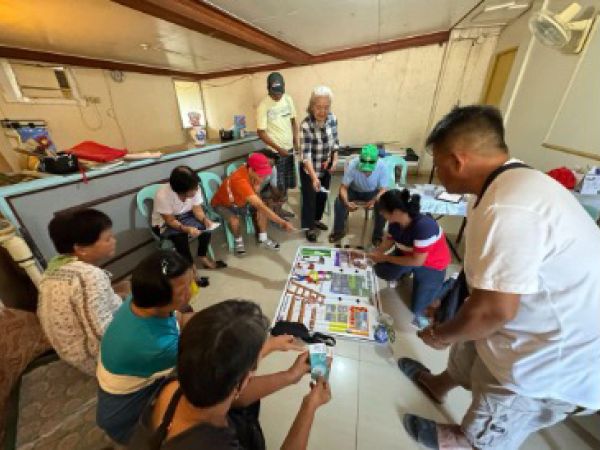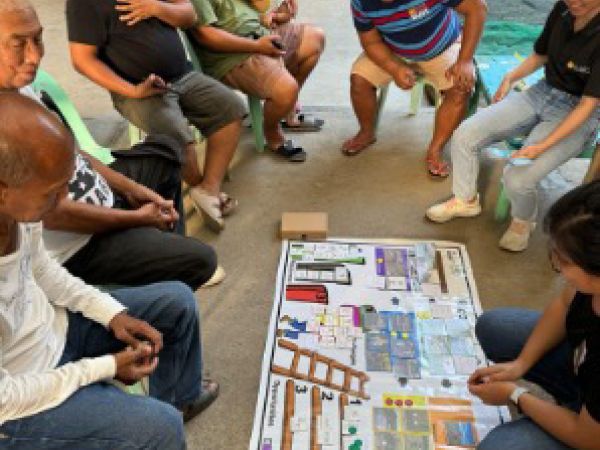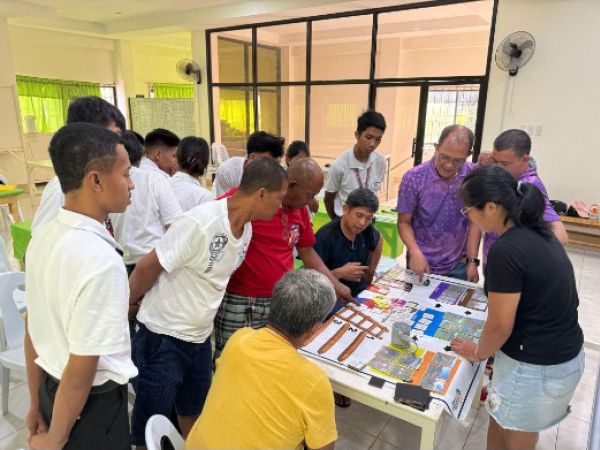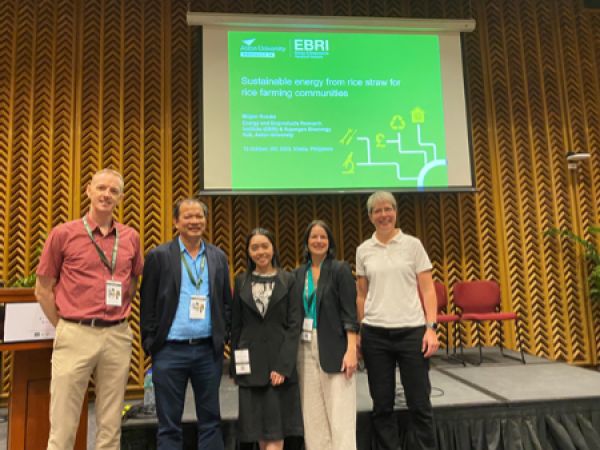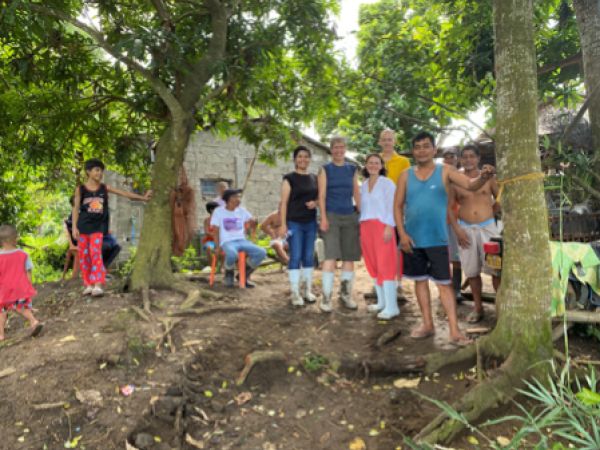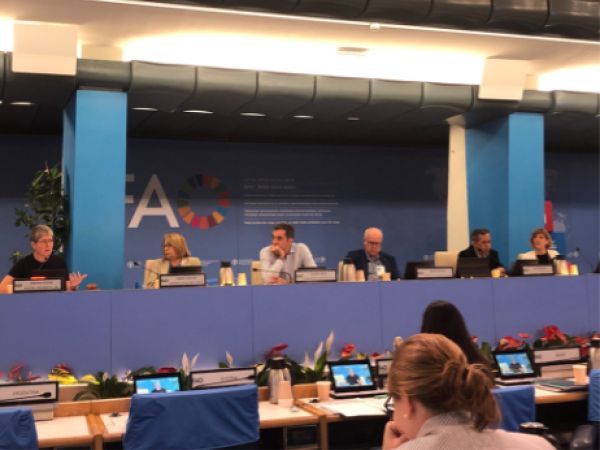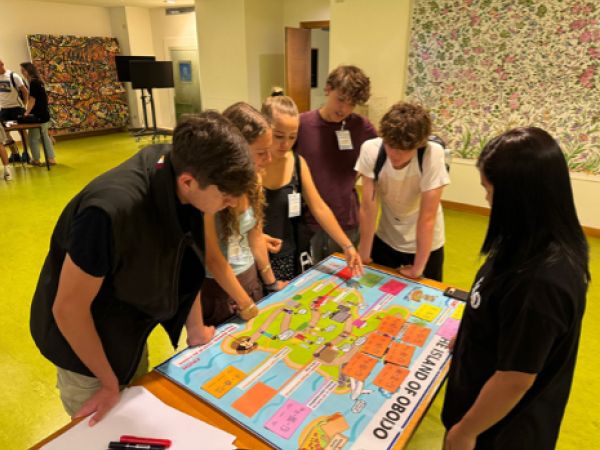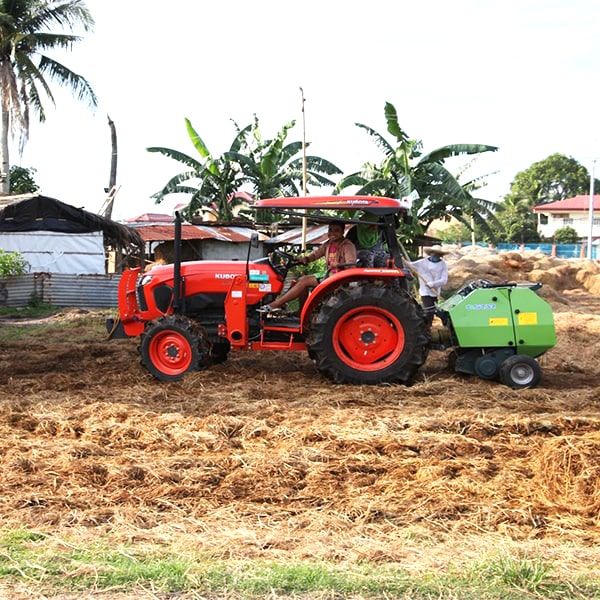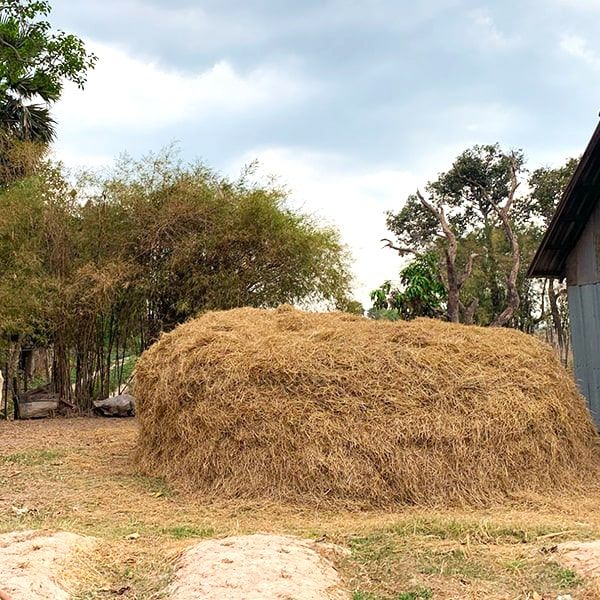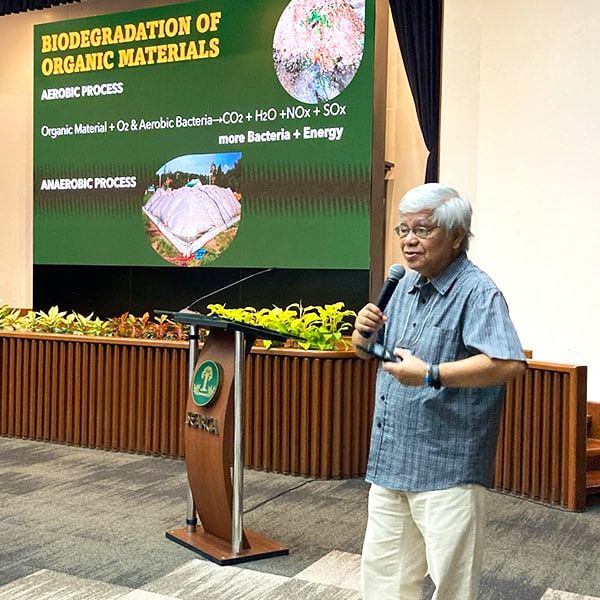Work Package 4
Analysing socio-economic and environmental perspectives on bioenergy generation
The team from Aston University are undertaking social and environmental research for the project, looking at how the Hub can increase farmer incomes; equality of opportunity; food security and; decarbonisation benefits.
The team has gathered in-depth insights into farmer attitudes and perceptions of climate change mitigation, biogas production, and [rice-market value propositions] through extensive fieldwork, including interviews and focus group discussions. Rigorous data analysis, encompassing transcription, translation, and qualitative analysis, provided a comprehensive understanding of stakeholder engagement and community perspectives.
Throughout the two-year implementation of the project, the team has actively engaged over 140 stakeholders, presented at key national and international conferences, and participated in esteemed events such as the International Rice Congress, GBEP Bioenergy Week and European Sustainable Energy Week, further enhancing the visibility and knowledge-sharing of the project.
The team also made significant progress in the research and communications outputs, particularly through qualitative and quantitative analysis of collected data, stakeholder mapping, and initial results for GESI (Gender Equality and Social Inclusion) review.
By the end of 2025, the team aims to publish key findings on the socio-economic impacts and non-market benefits of rice straw bioenergy systems, complete stakeholder analysis with an integrated EDI approach, and contribute to policy dialogues that promote sustainable bioenergy systems in the Philippines and beyond.
Work Packages
Work Package 1 and 2
Establishing climate-friendly practices in rice production and farm operations through innovative technologies
Work Package 4
Analysing socio-economic and environmental perspectives on bioenergy generation
Work Package 6
Fostering a climate-resilient environment through sustainable rice straw management practices
